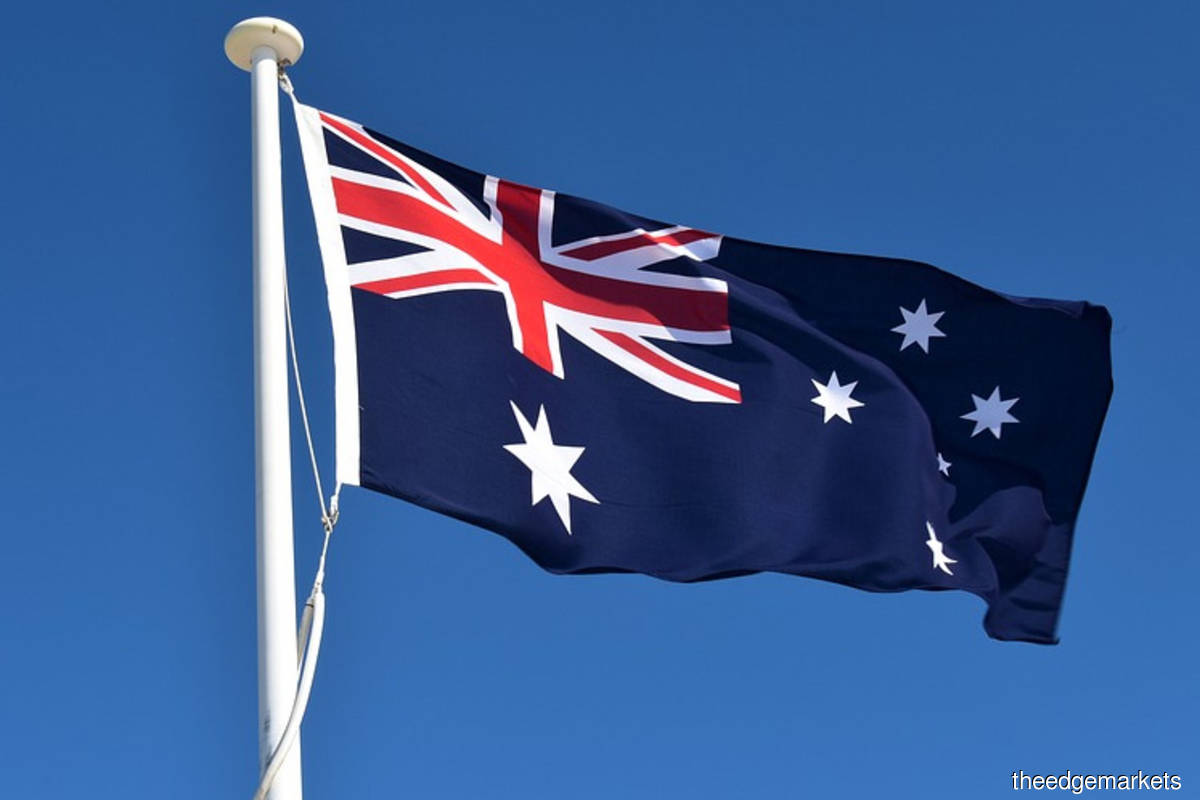Australia partners with FMM Institute to upskill Malaysian food manufacturers
 Fifty supervisors and quality control professionals from the Malaysian food manufacturing sector have recently joined an upskilling programme coordinated by one of Australia’s leading education and training providers, TAFE NSW.
Fifty supervisors and quality control professionals from the Malaysian food manufacturing sector have recently joined an upskilling programme coordinated by one of Australia’s leading education and training providers, TAFE NSW.
来自马来西亚食品制造业的 50 名主管和质量控制专业人员最近加入了一项由澳大利亚领先的教育和培训提供商之一 TAFE NSW 协调的技能提升计划。
Organised by the Federation of Malaysian Manufacturers (FMM) Institute and the Australian Trade and Investment Commission (Austrade), the two-month Australian Food Manufacturers Programme featured specific modules with practical guides and both organisational and management approaches to issues faced by the food processing and manufacturing industries, including food safety and implementing innovation in the manufacturing process.
由马来西亚制造商联合会 (FMM) 研究所和澳大利亚贸易和投资委员会 (Austrade) 组织的为期两个月的澳大利亚食品制造商计划以特定模块为特色,提供实用指南以及针对食品加工和食品加工面临的问题的组织和管理方法。制造业,包括食品安全和在制造过程中实施创新。
Speakers were from Australia’s dairy and almond industries and prominent Malaysian food manufacturers, according to a statement from the Australian High Commission here.
根据澳大利亚高级委员会在此发表的一份声明,演讲者来自澳大利亚的乳制品和杏仁行业以及马来西亚著名的食品制造商。
Australian High Commissioner to Malaysia Dr Justin Lee, at the graduation ceremony held at the High Commission, said such cooperation between both countries in building and developing Malaysia’s food manufacturing and processing industries is of benefit to both countries.
澳大利亚驻马来西亚高级专员Justin Lee博士在高级专员公署举行的毕业典礼上表示,两国在建设和发展马来西亚食品制造和加工业方面的合作对两国都有好处。
“Australia can supply premium ingredients and inputs. Malaysia’s industry can transform them into consumer-ready products. To do this, we need a focus on skills. This training has done just that,” he said.
“澳大利亚可以提供优质原料和投入。马来西亚的工业可以将它们转变为可供消费者使用的产品。为此,我们需要专注于技能。这次培训就是这样做的,”他说。
Austrade’s Senior Trade and Investment Commissioner Paul Sanda said the training provided Australia and Malaysia with a unique opportunity to learn from each other and develop their complementary strengths in the food manufacturing and processing industries.
澳大利亚贸易委员会高级贸易和投资专员 Paul Sanda 表示,培训为澳大利亚和马来西亚提供了一个独特的机会,可以相互学习,并发展他们在食品制造和加工行业的互补优势。
Meanwhile, FMM Institute general manager Dr Shanmuga Vivekananda Nadarajan said the training programmes provided an opportunity for FMM member companies to enhance their employee technical know-how from TAFE NSW.
同时,FMM Institute 总经理 Shanmuga Vivekananda Nadarajan 博士表示,培训计划为 FMM 成员公司提供了一个机会,可以提高他们在 TAFE NSW 的员工技术知识。
“It will also pave way for FMM Institute to work closely with Australian training organisations to offer reputable and accredited courses from Australia, with this being not only for reskilling or upskilling but towards career progression and leadership capability in manufacturing,” he added.
他补充说:“这也将为 FMM 学院与澳大利亚培训组织密切合作,提供来自澳大利亚的信誉良好和认可的课程铺平道路,这不仅是为了重新培训或提高技能,而且是为了提高职业发展和制造业的领导能力。”
Manufacturing is the second-largest business sector in Malaysia, with the food-processing sector accounting for 10% of Malaysia’s manufacturing output.
制造业是马来西亚第二大商业部门,食品加工部门占马来西亚制造业产出的 10%。
According to the statement, Australia is Malaysia’s number one supplier of wheat. In 2021, Malaysia imported around RM1.2 billion worth of high-quality and customised wheat varieties for value-added processing and export to other key international markets.
根据声明,澳大利亚是马来西亚第一大小麦供应国。2021 年,马来西亚进口了价值约 12 亿令吉的优质和定制小麦品种,用于增值加工并出口到其他主要国际市场。
